The first thing to consider when looking at what supplements are suitable for you is to ask yourself what your goals are. Without an idea of what you’re trying to achieve, it’ll be difficult to find out what is worth your time and what is a waste of money. Without figuring out a goal there are no “best” supplements – the best supplement is precisely the one that helps you reach your goal.
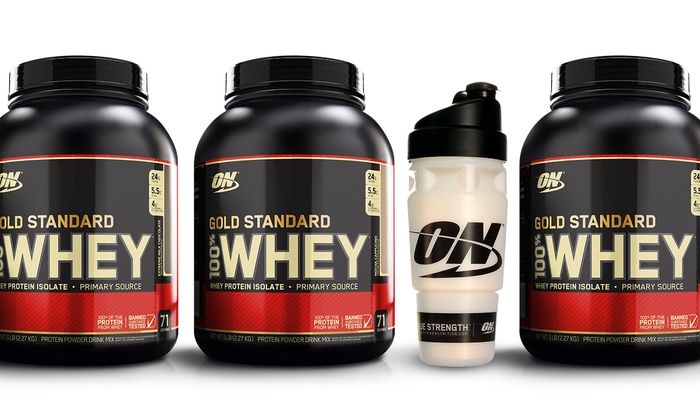
Whey Protein
Whey protein is the most popular supplement on the market, with 100s of varieties sold in sports nutrition shops and online. To cut through the marketing, whey protein is simply a cheese or yoghurt by-product that has been skimmed, dried and flavoured. It has a high protein content (by both calories and weight) and is very easily digested. An increased protein intake is associated with extra muscle gains, fat loss, improved satiety and a variety of other training and health benefits.
A diet with sufficient protein will not require protein powder supplements, but even those who have a very balanced diet can benefit from the convenience and versatility of protein powder. The traditional method is to mix it with water or milk to form a protein shake for fast and easy protein intake on the go. However, it can be mixed with yoghurt, included in the recipe for baked goods, blended into smoothies or stirred into cereals such as oats. A good whey protein is defined by a low sugar content, comprehensive vitamin profile and higher percentage of calories from protein.
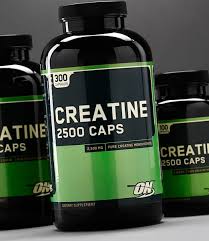
Creatine
Creatine is one of the rare supplements that does not address a deficiency but is very useful for the improvement of strength and performance in the gym, on the field or wherever else you need to be at your best. Creatine is an essential part of the system used to produce force over a short space of time – having an increased dietary intake of creatine will increase the body’s ability to perform repeated, heavy exercise over a long duration. This means that if your gym sessions, sports matches or training run for more than an hour or so, you will probably benefit from creatine in your diet.
Supplementing creatine should focus on using monohydrate to avoid the possible bloating that has been reported with hydrochloride and should focus on finding a purer product. Creatine is incredibly cheap and will have a real return on any dollar-value. This means that it is worth shopping around through trial and error to see which brand provides the best mixability and taste.
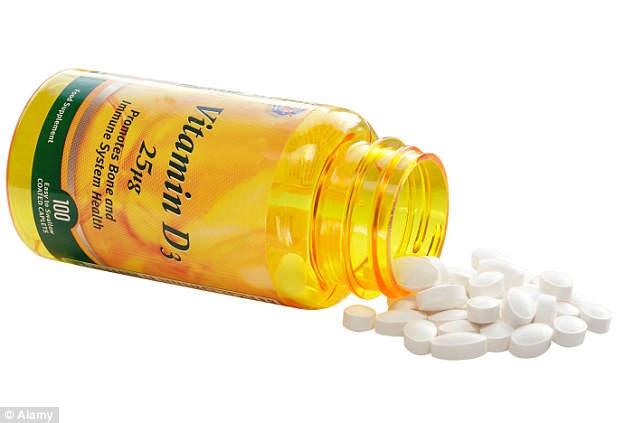
Vitamin D
Meeting the body’s need for Vitamin D from diet alone is incredibly difficult for most people: around 42% of US citizens are deficient in this essential vitamin. Vitamin D is synthesised by the body when we are exposed to sunlight and has a variety of important roles in the body from immune system function to muscular strength and bone health. Deficiency in Vitamin D is associated with the condition Rickets – clearly, it is important to supplement!
When we are looking for high-quality Vitamin D supplements, it is important to focus on those forms which are most difficult to achieve and have the greatest benefits to the body. Vitamin D3 is an incredibly popular and has an important role in the way that the body uses calcium. Supplements are relatively inexpensive and a higher dosage (particularly of D3) usually means a better product. Look for FDA approval and good manufacturing practices to ensure that any supplement includes the stated ingredients in the stated quantities!
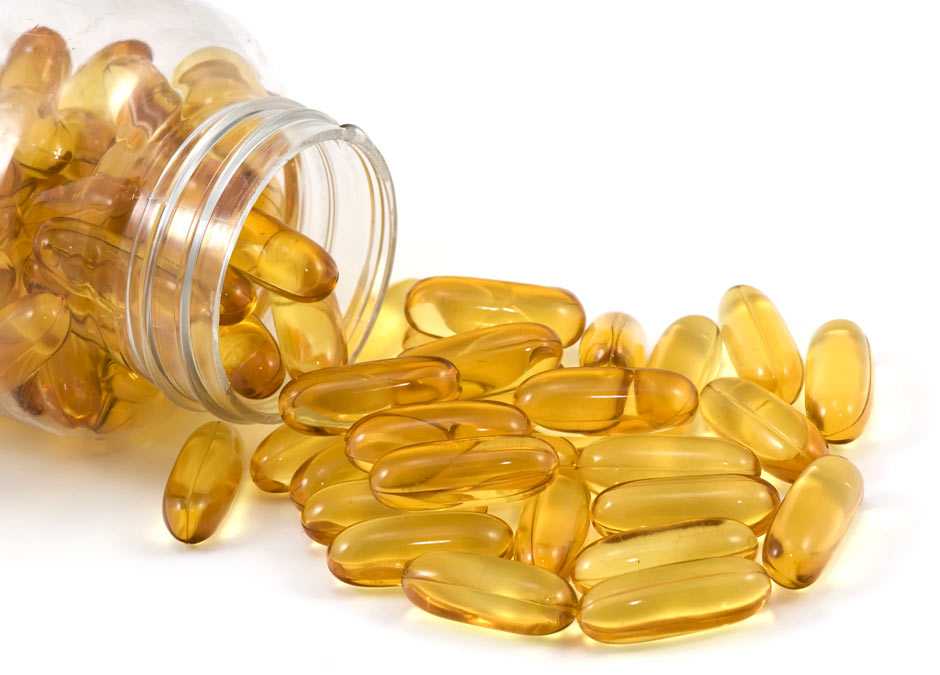
Fish Oil
Fish and shellfish are some of the most important aspects of a well-rounded human diet. The importance of fish is obvious from the fact that it is high in fats and vitamins that we are not able to get readily from other sources or produced within the body. Fish oil is the supplement designed to address this: it contains huge quantities of the Omega-3 fatty acids.
The balance of Omega-3 fats to Omega-6 (found in refined carbohydrates and a variety of other “unhealthy” foods) is an incredibly important ratio for determining the level of inflammation in the body overall. An excessive amount of Omega-6 or a low amount of Omega-3 will promote inflammation in a variety of tissues. This is something we want to avoid – anyone who consumes a lot of refined foods should be monitoring their Omega-3 intake to ensure proper health and fitness.
The best fish oils are those with greater levels of DHA and EPA. Omega-3 breaks down into 3 sub-types: ALA (the shortest ‘chain’), EPA and DHA (the long-chain fats). Long-chain Omega-3 fats are the most useful for the body – supplements that contain greater quantities of these more valuable compounds should be the top of your shopping list! DHA also has positive effects on brain chemistry and health, acting to fight neuroinflammation.
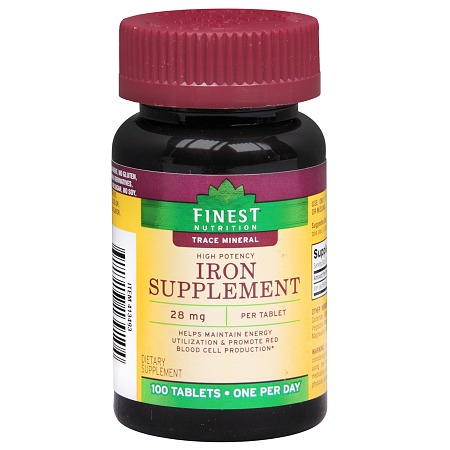
Iron
Deficiencies in Iron are incredibly common and even more so in women (who require a greater amount to compensate for ovulation, which will deplete iron levels). Iron is essential for proper functioning across a variety of bodily process. For the sake of fitness goals, however, the most important symptoms of deficiency are feelings of fatigue, weakness, poor immune system function and reduced brain function.
Whilst it is possible to consume enough iron through the diet through eating more red meats (Mmm steak), deficiency is incredibly limiting on your performance. This is one supplement that we have to be careful with, however – whilst it is hard to consume too much protein or fish oil, it is very easy to consume too much iron and this will also have harmful effects.
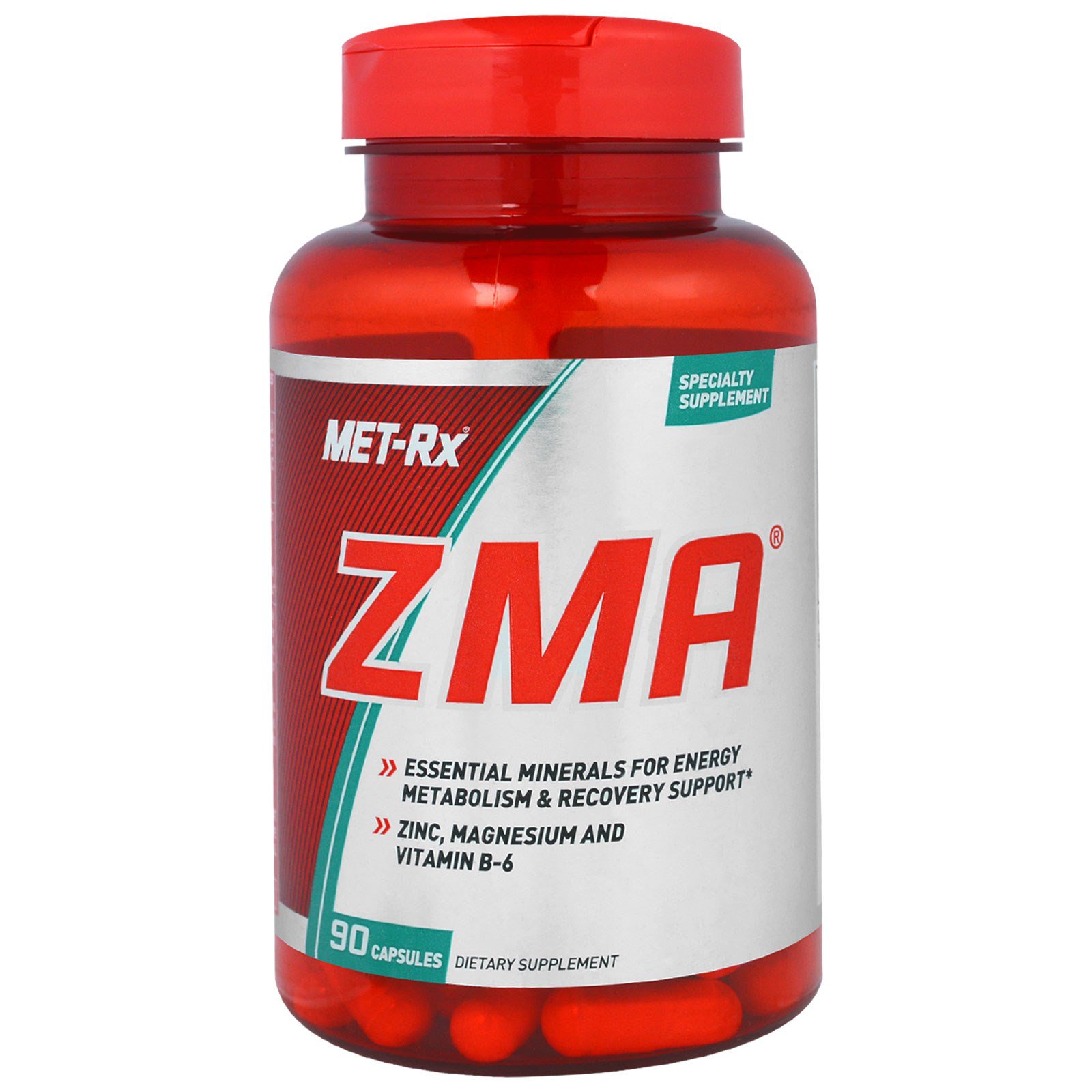
ZMA
ZMA is the name given to the combination of Zinc, Magnesium and B12 in a single tablet. This was first developed by Balco and has been a staple in the supplement routines of athletes for a long time. Many of us are deficient in Zinc, Magnesium and/or B vitamins. These are the vitamins that are most closely tied to the development and maintenance of muscle mass and sports performance. Whether you’re trying to get as big as possible or simply recover and perform better, consuming this supplement will give you the best chance.
Zinc deficiency is an incredibly limiting condition that will stunt growth, reduce strength and can have a whole host of other severe effects. Magnesium, on the other hand, is primarily linked to health in the bones and proper metabolic function. If you’re trying to get strong or lose weight, this has profound effects: strong bones are necessary for both health and strength, whilst maintaining an effective and healthy metabolism is central to reducing bodyfat. Finally, B vitamins are closely tied to proper recovery – they are incredibly poorly digested by the body so extra supplementation is necessary for many athletes and fitness enthusiasts.
So there you have it! The top supplements on the market to up your fitness A-game and get you one step close to your goals. Don’t get caught up in the crowd purchasing supplements that are unnecessary for your workout goals. By keeping it simple and doing research you can get all the help and #fitspiration you need.
Source: Forbeautyandcare.com



